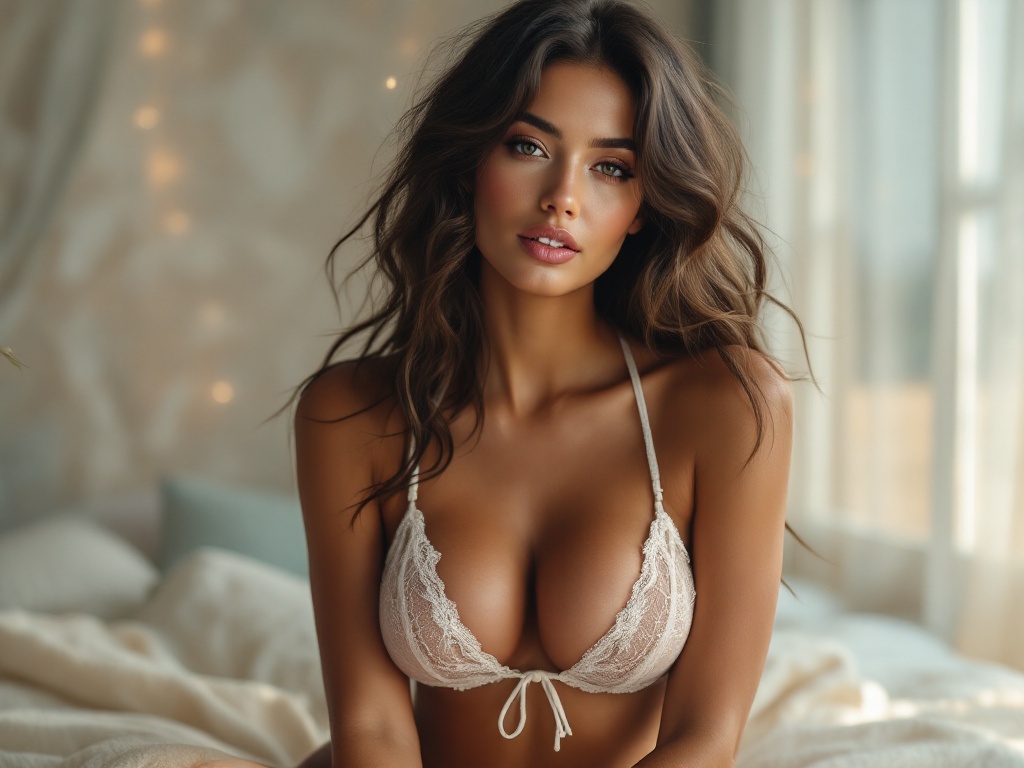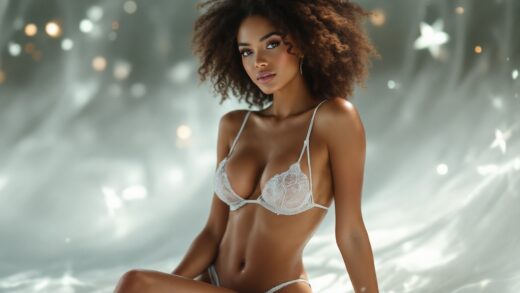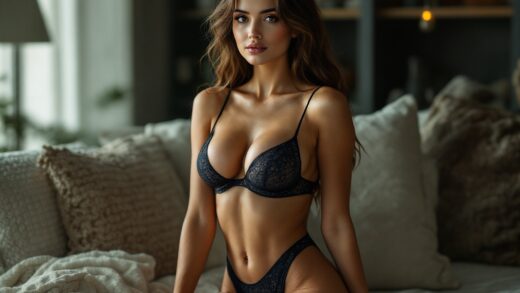Artificial intelligence is transforming an array of sectors, and the realm of erotica is no exception. As technological innovations unfold, AI-crafted erotic narratives are enchanting the minds of both creators and audiences alike. This emerging avenue of content creation poses intriguing inquiries regarding creativity, ethics, and the essence of art itself. In delving into these concepts, we must reflect on the consequences of interweaving human sentiment with artificial constructs. Is AI simply an instrument to amplify artistic expression, or does it signify a form of exploitation? The contrast is intricate, shedding light on the often blurred boundaries between imagination and algorithmic generation.
Concerns around AI’s portrayal of erotic content cannot be overlooked. Who has the authority to depict the human experience on digital platforms? Can a machine, lacking authentic emotion, effectively encapsulate the depth and intricacies of human connections? These queries emerge as crucial as society navigates the moral obligations presented by new technologies within the erotic genre. Through this piece, we seek to dissect both the artistic significance and the ethical implications of AI-generated erotic illustrations.

The Technology Behind AI-Generated Erotic Content
At the core of AI-created erotica lies a sophisticated ensemble of technologies, chiefly machine learning and natural language processing. These systems empower computers to scrutinize immense datasets and craft text that emulates human writing conventions. Machine learning algorithms are educated using existing erotic literature, tapping into a rich tapestry of narratives to concoct original works. Remarkably, this technology can yield stories that resonate with readers in unanticipated ways.
Moreover, natural language processing equips AI with the ability to grasp linguistic subtleties and emotionally charged expressions. This proficiency is vital for devising captivating erotic scenes that resonate with audiences compellingly. The outcomes can be astonishingly lifelike, obscuring the distinctions between human authorship and AI-generated material. It prompts an exhilarating inquiry: can AI indeed be recognized as an artist in its own stature?

The Artistic Value of AI-Generated Erotica
The discourse surrounding the legitimacy of AI-crafted erotic scenes as authentic art is intensifying. Advocates contend that creativity is not confined to humans alone; it can emerge through a multitude of mediums, AI included. Essential points that underpin this perspective consist of:
- Innovation and Originality: AI systems possess the ability to create unexpected plot developments and new narratives that may exceed the imaginative capacity of human writers.
- AI as a Catalyst for Human Creativity: Artists and authors frequently harness AI tools to bolster their creativity, sparking inventive ideas that pave the way for fresh directions in their craft.
- Wider Accessibility: AI-generated erotic content democratizes artistic creation, enabling individuals who struggle with writing to articulate their desires.
These points illuminate a captivating dimension of AI-generated creations. The artistry is found not only in their formation but also in how they resonate with human emotions. The interaction between technology and artistic expression unveils new pathways for exploration. Nonetheless, the distinction between art and exploitation becomes ever more intricate in this landscape.
Ethical Concerns Surrounding AI-Generated Erotica
While the artistic value of AI-generated erotica invites exploration, the ethical dilemmas are impossible to dismiss. Numerous critics assert that such content risks commodifying human intimacy and perpetuating harmful stereotypes. Key ethical concerns encompass:
- Consent and Representation: The deployment of AI incites questions regarding who possesses rights over digital portrayals of individuals and their sexual identities.
- Objectification and Exploitation: This variety of content could perpetuate the objectification of individuals, particularly in narratives that champion unrealistic ideals or depictions.
The complexities surrounding this content further intensify when examining its effects on human creators. How does AI shape their livelihoods and the worth of their craft? The swift ascent of AI sparks existential inquiries about creativity that demand careful consideration.
The Impact on Human Creators
The emergence of AI-generated content has ignited a robust discourse regarding the roles of human writers and artists. Some individuals regard AI as a potential ally rather than an adversary. It provides authors with transformative tools that enhance their creative journeys. The repercussions can be summarized as follows:
| Positive Outcomes | Negative Outcomes |
|---|---|
| Collaborating with AI tools unveils new creative opportunities. | Heightened competition may diminish the value attributed to human-created art. |
| A broader audience can engage with erotic expressions through AI-generated platforms. | The potential loss of rich human experiences within storytelling. |
| AI can stimulate the emergence of new genres and styles within erotic literature. | Reduction in job opportunities for artists and writers in the erotica field. |
Societal Perceptions of AI-Generated Erotica
As AI-tailored erotic content becomes increasingly ubiquitous, public attitudes are also shifting. This transformation mirrors broader societal changes concerning sexuality, technology, and the arts. Influential factors shaping these perceptions comprise:
- Cultural Transformations: As society grows more welcoming of diverse expressions of eroticism, AI-generated content carves its niche within mainstream discussions.
- Media Influence: Films, advertisements, and social media outlets that integrate AI-generated elements help to normalize this type of content.
Interestingly, as these narratives become interwoven into popular culture, they redefine our perceptions of intimacy, sexuality, and personal expression. The dialogues initiated by AI-crafted scenes have the potential to challenge societal taboos and foster open conversations regarding sexuality.
Conclusion
The convergence of AI and eroticism presents a multifaceted landscape, offering both artistic possibilities and ethical quandaries that provoke reflection and discourse. As we contemplate whether AI-generated erotic scenes constitute art or exploitation, it becomes evident that the reality exists somewhere in between. This balance requires thoughtful examination of consent, representation, and the very definition of creativity. Ultimately, the vital takeaway is that engaging with these subjects enriches our comprehension of both technology and the human experience.
FAQ
- What is AI-generated erotica? AI-generated erotica refers to erotic scenes or narratives crafted using artificial intelligence algorithms.
- Is AI-generated erotica classified as art? Opinions vary; some consider it a valid form of art, while others view it mainly as exploitation.
- What ethical challenges surround AI-generated erotic content? Chief concerns include matters of consent, representation, and the risk of objectification.
- How does AI affect human writers and artists? While AI may generate competition, it can also act as a collaborative tool that inspires and expands human creativity.
- Does AI-generated erotic content carry cultural implications? Absolutely; societal perspectives are changing, and this content can influence larger discussions about sexuality and technology.


